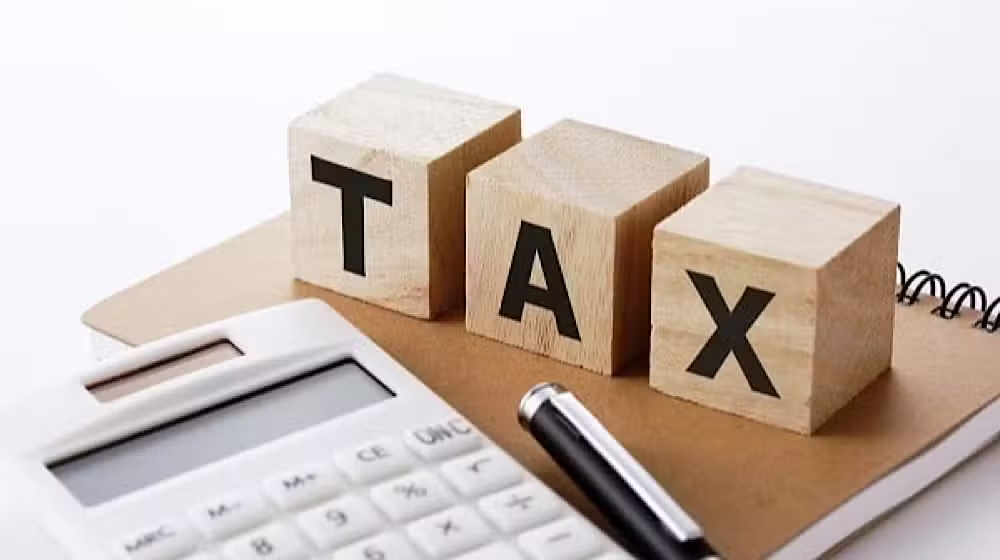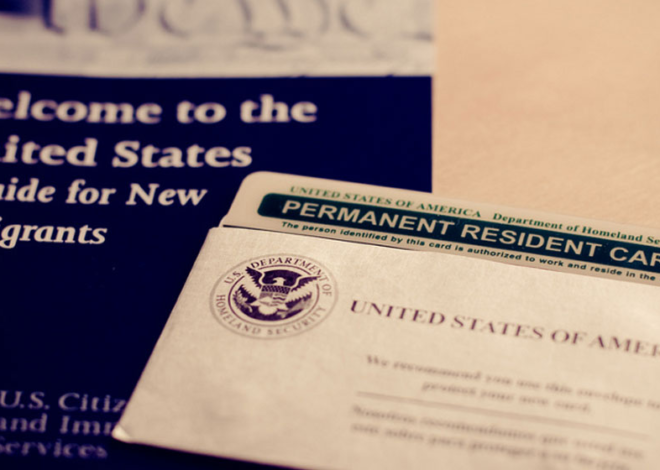
Government to Expand Luxury Goods List and Impose 25% Sales Tax in FY26 Budget
In a significant move aimed at bolstering national revenue, the government of Pakistan has announced plans to expand the list of luxury goods subject to a 25% General Sales Tax (GST) in the upcoming Fiscal Year 2026 (FY26) budget. This decision aligns with the government’s ongoing efforts to enhance fiscal discipline and secure international financial support.
Expansion of Luxury Goods List
The Federal Board of Revenue (FBR) has identified additional luxury items that will fall under the 25% GST category. These items encompass a broad range of goods, including:
- High-End Electronics: Premium mobile phones, advanced audio equipment, and luxury watches.
- Imported Foods and Beverages: Gourmet chocolates, specialty sauces, and imported alcoholic beverages.
- Home Appliances and Furnishings: Designer furniture, high-end kitchenware, and luxury home décor items.
- Personal Care Products: Premium cosmetics, fragrances, and high-end grooming tools.
- Recreational Vehicles and Accessories: Luxury cars, yachts, and private aircraft.
- Jewelry and Fashion: Designer apparel, luxury handbags, and exclusive footwear.
This expansion reflects the government’s strategy to target non-essential, high-value items for increased taxation, thereby reducing consumption among affluent consumers and generating additional revenue.
Rationale Behind the Tax Increase
The primary objective of imposing a 25% GST on luxury goods is to augment the government’s revenue base. This move is particularly pertinent as Pakistan seeks to address its fiscal challenges and meet the conditions set by international financial institutions, such as the International Monetary Fund (IMF), for securing financial assistance packages.
By targeting luxury goods, the government aims to achieve several key objectives:
- Revenue Generation: The increased tax rate is expected to contribute significantly to the national exchequer, supporting public spending and development projects.
- Consumption Control: Discouraging the consumption of non-essential luxury items aligns with broader economic strategies to promote savings and reduce unnecessary imports.
- Equitable Taxation: Shifting the tax burden towards luxury goods ensures that higher-income individuals contribute a fair share to the national revenue.
Implications for Consumers and Businesses
For consumers, the expanded luxury goods list and the associated 25% GST will lead to higher prices for affected items. This price increase may influence purchasing decisions, potentially reducing demand for certain luxury products.
Businesses dealing in luxury goods may experience a decline in sales volume due to the higher tax burden on consumers. Retailers and importers will need to adjust their pricing strategies and consider the impact on consumer behavior. Additionally, businesses must ensure compliance with the new tax regulations to avoid penalties and maintain their market position.
Potential Economic Impact
Economists anticipate that the expanded luxury goods tax could have several economic effects:
- Inflationary Pressures: The increased cost of luxury items may contribute to overall inflation, affecting the purchasing power of consumers.
- Shift in Consumption Patterns: Consumers may redirect their spending towards more affordable alternatives, influencing market dynamics and demand for various product categories.
- Impact on Trade Balance: A reduction in the import of luxury goods could positively affect the trade balance by decreasing the outflow of foreign exchange.
Conclusion
The government’s decision to expand the list of luxury goods subject to a 25% GST in the FY26 budget underscores its commitment to fiscal consolidation and economic reform. While this move is expected to generate additional revenue and align with international financial obligations, it also presents challenges for consumers and businesses within the luxury goods sector.
As the implementation of this policy progresses, it will be essential to monitor its impact on consumer behavior, business operations, and the broader economy. Stakeholders across various sectors must adapt to the new tax landscape to navigate the evolving economic environment effectively.







